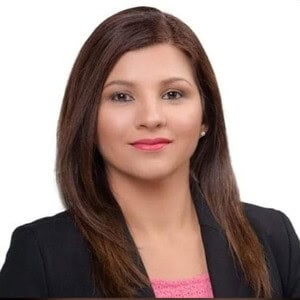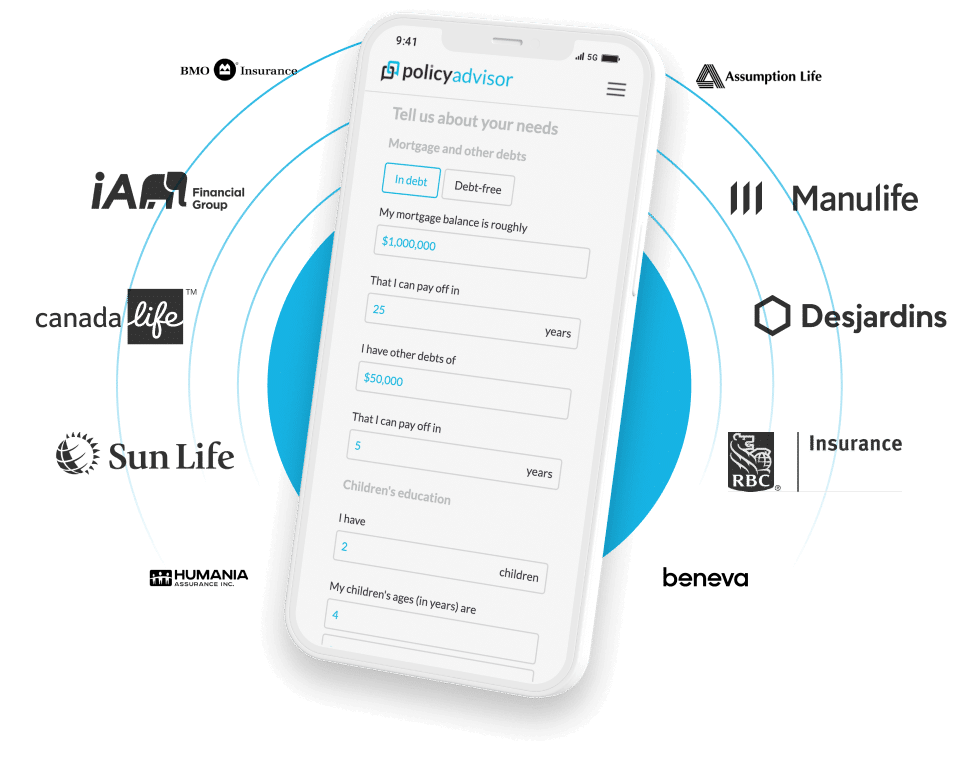
Your car needs a new muffler, your employer cuts your hours, or your refrigerator breaks down. These situations can lead to unexpected expenses or loss of income. If you don’t prepare an emergency fund to weather the storm, it could mean leveraging high-interest debt or scavenging for money wherever possible.
This article explains the ins and outs of an emergency fund: what it is, why having an emergency fund is a fundamental component of personal finance, when you should tap into your emergency fund, and how to start one.
What is an emergency fund and why it’s important
An emergency fund is a pot of money that’s easily accessible and set aside for emergencies, such as an emergency expense or loss of income. Two-thirds of Canadians have an emergency fund sufficient to cover three months’ worth of expenses. This money can help you avoid debt or avoid draining long-term savings accounts to pay for unexpected costs. As a result, you can live life with peace of mind.
How much money should be in your emergency fund?
Many experts recommend an emergency fund equal to three-to-six months of salary to cover a loss of employment. But other suggestions range from eight months of salary to only three to six months of your monthly expenses. The structure you choose is unique to your life circumstance. But the more money, the bigger the safety net.
Consider some of your life circumstances. For example, if you’re in a secure government job that’s unlikely to have layoffs or live in a two-income household, then a three-month emergency fund may make sense. In contrast, if you’re a freelancer who only takes on contract positions or you’re paid on a sales commission, you should consider a larger emergency fund.
Lastly, do you have dependents? Much like life insurance, your financial needs change when you have a child.
An emergency fund is easily accessible
Another essential emergency fund characteristic is accessibility. You should ideally find a no-fee, high-interest savings account for your fund. You never know when an unexpected expense can occur, so being able to use this money in a pinch is critical.
Tying your emergency fund in stocks or ETFs (exchange-traded funds), even conservative ones, can have dire consequences because economic recessions commonly result in both a downturn in stock prices and layoffs in the labour market. This could result in a double whammy for your situation.
Furthermore, GICs (Guaranteed Investment Certificates) can have certain restrictions on investment capital and saving accounts, such as TFSAs (Tax-free savings accounts) or RRSPs (Registered Retirement Savings Accounts) can have inevitable tax consequences when you withdraw from them. That’s why a savings account is ideal because there are no repercussions to withdrawing money at a moment’s notice.
Why you need an emergency fund (even if you think you don’t)
You might think home or auto insurance or a line of credit is enough buffer in case of an unfortunate situation. But it’s still better to have the fund ready. Although an insurance policy can cover any car accident expenses, there may be exceptional circumstances where it doesn’t, or you need access to cash immediately while the policy is settled. Further, you’ll likely need to pay a deductible to access your insurance, which can cost over $1,000 on its own.
You may also want to avoid a line of credit for peace of mind. If you lose your job and leverage a line of credit for daily expenses, it could make a challenging situation worse, knowing you’re slowly going deeper into debt. However, an emergency fund is money that you’ve saved precisely for this purpose.
When to use your emergency fund
An emergency fund is for an emergency. This is simple to state, but it can be tempting to tap into it when you see an excellent cruise deal or you want to buy a new television for the living room. To avoid temptation, keep your emergency savings account separate from your regular bank accounts. This can prevent you from dipping into it for something unnecessary.
Appropriate situations to use an emergency fund are:
- Loss of employment or reduction in income
- Significant home or appliance repair (flooding, fridge or washing machine breaks, etc.)
- Emergency car repair
- Sudden medical or dental expenses
The sudden illnesses of a pet could result in thousands of dollars in expenses. So, pet owners may also use their emergency fund for unexpected veterinarian visits. If you’re in this boat, make sure to enlarge your fund to cover such expenses. An alternative is setting up a separate emergency fund solely for your pet’s needs.
How to save for your emergency fund
Three-to-six months’ worth of salary can be a lot of money to save, especially when you already have other savings goals. But once your emergency fund is ready (or even on its way to completion), you can rest assured knowing you’re prepared if something unfortunate occurs.
Calculate your total emergency savings goal
First, consider how much your fund should have. Do you want to have a smaller fund of three months or a bigger safety net? Again, consider your life circumstances and be realistic about them. If you believe you could easily find a new job if laid off, then three months of salary should be fine.
Calculate your monthly savings goals
Now that you know how much you want to save, you should calculate how much you should put into your emergency fund per month. When you’re starting, try to aggressively save your first $1,000. This initial money can at least help in case there’s an unexpected expense in your life. It also builds momentum for your future saving.
Next, create a realistic timeline of when you want to have your emergency fund fully funded and how much money that would take per month. Saving this money should be automated through online banking features that transfer your monthly savings to your emergency fund automatically.
You can also add any windfalls, such as a bonus from work or a lottery winning, and your tax refunds to save faster.
Reduce expenses and increase income
Another method to speed up savings is to eliminate unnecessary expenses and instead take that money for your emergency fund. Consider reducing costs by
- Bringing a lunch to work
- Making your coffee at home or at the office instead of buying it
- Reducing or eliminating dining out, take-out orders, and unnecessary grocery items
You can also look for new ways to make income and dedicate this income to your emergency savings. This could come in the form of a “side hustle” such as walking other peoples’ dogs or helping a small business manage their social media or selling items that you no longer use on platforms such as Kijiji or Facebook Marketplace.
Assess your savings and adjust
As you build up more savings, you may want to adjust your monthly contributions. As you hit the three-month-of-savings mark, you can decrease your monthly contributions and be less strict about what expenses you forego to save for your emergency fund.
If you’ve hit the six-month mark, it may be better to redirect further savings to an investment fund where your money can grow faster. Although it’s good to have a safety net, too large of a safety net can hurt your ability to grow your wealth long-term with tools such as a TFSA or RRSP.
Final thoughts
An emergency fund is a must-have tool in your personal finance toolkit. It can prevent you from digging into long-term savings or debt if an unexpected expense arises or you lose your job or face a significant loss in income. Ideally, you want three-to-six months of salary in an easily accessible account. Saving such an amount won’t be easy, but it’s well worth it!


 1-888-601-9980
1-888-601-9980


